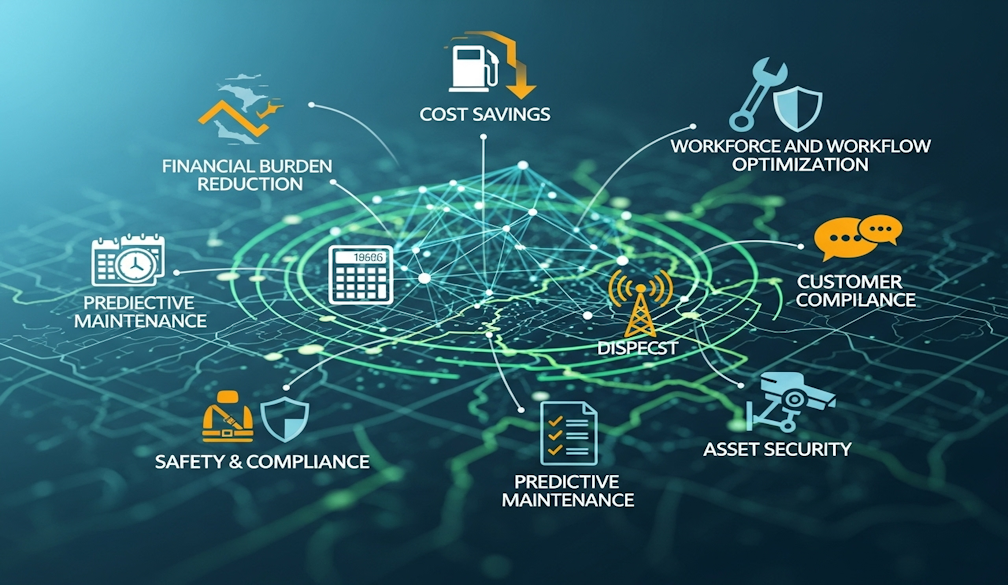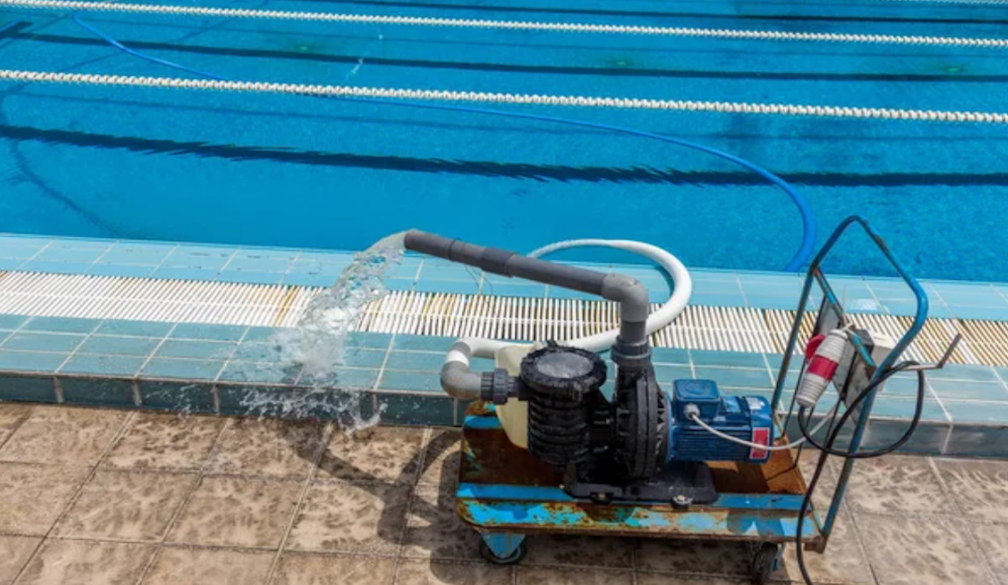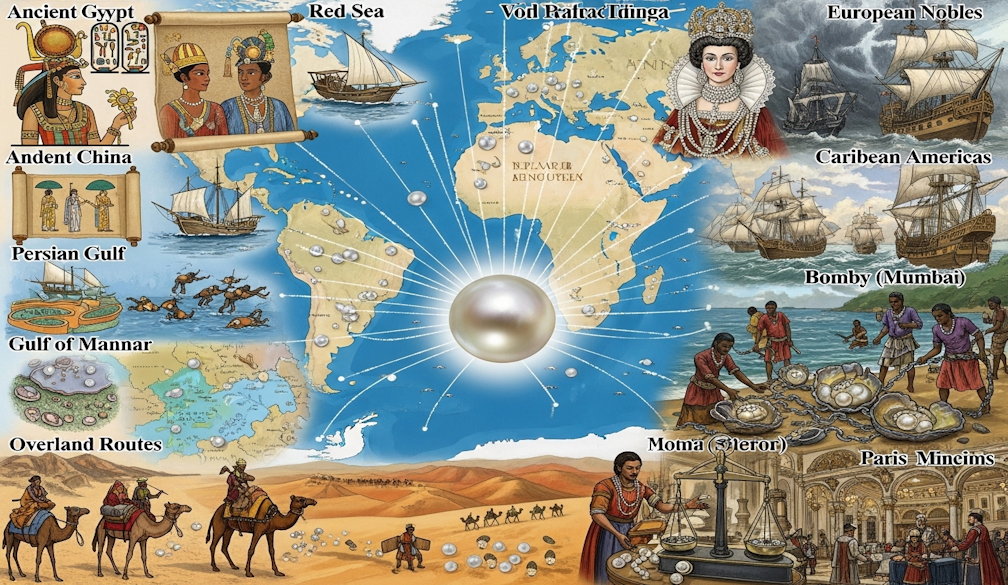China challenge is the issue of the moment in Australian foreign policy
- Written by Michelle Grattan, Professorial Fellow, University of Canberra
Two contributions made in separate forums in Parliament House on Tuesday captured the sharp cross-currents in the China-Australia relationship.
At the Australia China Business Council’s “Networking Day”, Chinese ambassador Cheng Jingye reiterated that China “never interferes in the internal affairs of other countries”, let alone engaged in “the so-called infiltration of other countries”.
The ambassador delivered little-disguised criticism of Australia. To dispel “the clouds” over bilateral relations, “the two countries need to have more interactions and inclusiveness, with less bias and bigotry… less cold war mentality”.
Over in the Coalition party room Liberal senator David Fawcett, chairman of the parliamentary foreign affairs committee, also had a forthright message, urging the cabinet to put security concerns at the forefront in considering the Chinese company Huawei’s push for a slice of the action in the 5G network build.
The government’s attitude to China’s protestations that it doesn’t interfere is one of, “it would say that”. Its view of claims by non-state companies such as Huawei that they have no connections with the Chinese regime is much the same.
For both sides of politics, the China policy challenge is to strike the right balance in a bilateral relationship now infused with Australian suspicion and openly-expressed Chinese irritation.
If Labor wins the election Penny Wong, now shadow foreign minister, will be shouldering much of that responsibility.
In her speech at the business forum, Wong criticised the Turnbull government’s management of the relationship and said “a more considered, disciplined and consistent approach is required”.
So how would a Labor government handle things? Wong outlined six “operating principles” that it would use:
A clear understanding and articulation of Australia’s national interests, which included the country’s security and prosperity, regional stability and constructive internationalism.
Acceptance that we live in a disrupted world.
Acceptance of China “as it is, not as others might perceive China to be or as China itself might represent itself”.
Acknowledgement of how important and beneficial China’s emergence as a major economic power has been to Australia and the world.
Pursuit of an integrated approach to the many strands of the relationship.
A commitment to working constructively with China and others in a regional framework.
Australia and China were very different culturally, politically and socially, Wong said.
“The important objective is to prevent differences from becoming disagreements, as far as possible. And when disagreements do occur, they must be managed with intelligence and tact,” she said.
“To the extent possible, Labor will work towards ensuring that our political relationship works on the same basis as our economic relationship – respect and trust based on dialogue and understanding. Respect and trust don’t just happen. They have to be built and maintained, and that’s what we intend to do”.
Of course it is easier to say how things should be managed than to manage the often tricky realities.
In his address to the forum, Malcolm Turnbull did not dig down deeply to those realities. He kept his references to differences to the easier, less sensitive ones. “Sometimes you’ll get issues at a fairly granular level,” he said, and referred to the problem with imports of Australian wine. “We went to work to ensure that that could be resolved and indeed so it was”.
Turnbull also suggested the reality wasn’t always as it was portrayed. “Sometimes in the media there is always going to be an emphasis on differences, on conflict, on problems”.
It was a superficial speech - which can be defended on the grounds that it can create more trouble than it is worth to be too blunt in public about the actual problems. Also, Turnbull regarded it as a business occasion rather than one for a more formal foreign policy presentation.
The crack at the media was, however, a cheap and not very honest shot. The media is often simply saying publicly and directly what the government is saying privately or more obliquely. It’s notable that Andrew Hastie, Liberal chair of the parliamentary intelligence and security committee, recently put on record (under privilege) allegations against business figure Chau Chuk Wing, partly on the grounds of giving some backing to media outlets that are being sued over stories about him.
On other fronts this week, Huawei has been lobbying MPs to try to convince them it is as transparent as it claims, while Hastie’s committee is preparing its report on the legislation - which the government wants passed next week - for a register of agents of foreign governments and other foreign political interests.
The Australia-China relationship involves walls and whispers, as well as all the rhetoric about trust and respect.
Meanwhile the Lowy Institute’s annual poll, Understanding Australian Attitudes to the World, released Wednesday, suggests ordinary Australians are less galvanised by the China debate than the decision-makers.
“Australians remain remarkably sanguine about foreign interference in Australia’s political processes following the furore over Chinese-linked donations to Australian political parties, politicians, and institutions. Foreign interference remains a low-order threat in the minds of Australians, who are almost equally concerned about US influence as Chinese influence,” Lowy’s executive director Michael Fullilove writes in his introduction to the poll, done in March with a sample of 1200.
“Foreign interference in Australian politics” was seen as a “critical threat” by 41% - behind terrorism (66%), North Korea’s nuclear program (66%), climate change (58%), cyber attacks from other countries (57%), the prospect of a severe downturn in the global economy (50%), and the Trump presidency (42%).
Although the debate has been all about China, the poll found what concerns there were appear to be focused on foreign influence generally, rather than specifically Chinese influence. Asked about influence from both China and the US in Australia’s political processes, 63% expressed concern about China and 58% concern about the US.
In other findings relating to China
72% said the Australian government was “allowing too much investment from China”. In 2014, the figure was 56%.
46% believed it was likely “China will become a military threat to Australia in the next 20 years”.
But 82% said China was more of an economic partner to Australia than a military threat to it.
81% believed it was “possible for Australia to have a good relationship with China and a good relationship with the United States at the same time”.
In their attitudes to China, the Australian public may be alert but they’re not alarmed.
Authors: Michelle Grattan, Professorial Fellow, University of Canberra



















